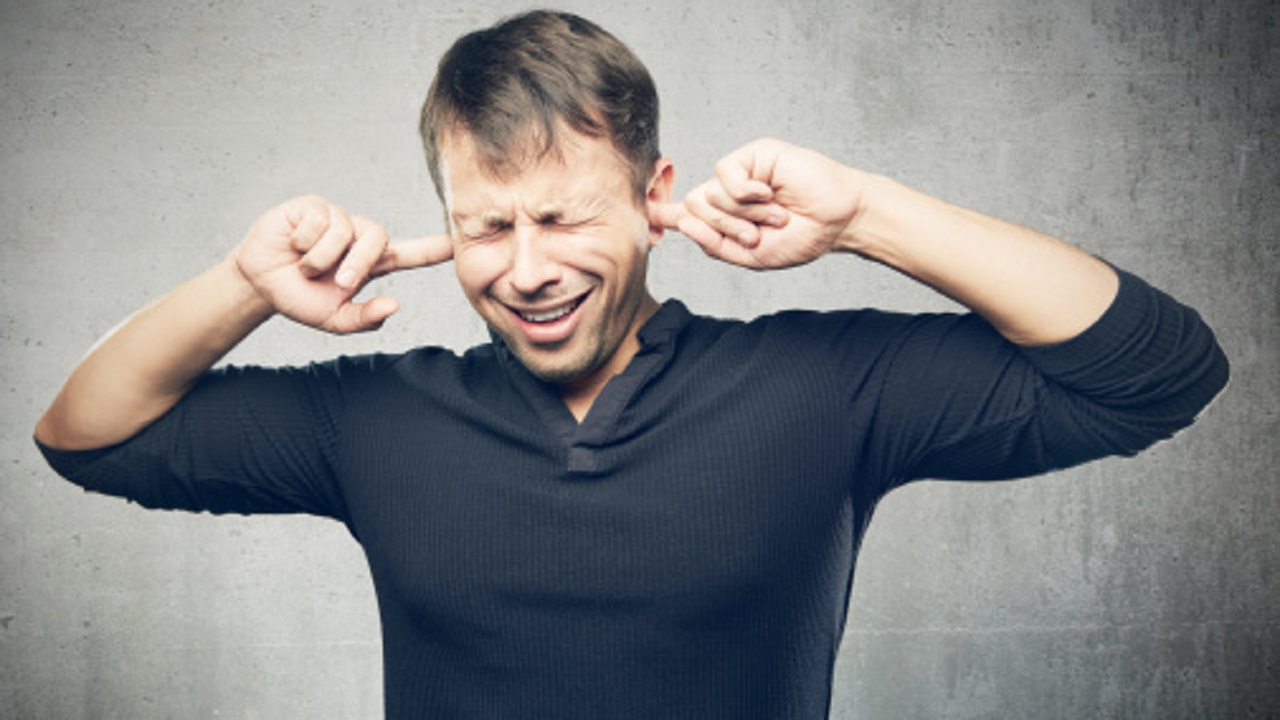Does the sound of someone chewing, slurping or swallowing drive you crazy? You're not alone. More research is being done to help those who aren't just irritated by these sounds but find them unbearable.
Misophonia is a condition where the hatred of sounds, such as eating or breathing, can cause an intense feeling of fight or flight.
Researchers at Newcastle University in Britain found the first evidence of clear changes in the structure of the brain's frontal lobe in those who suffer from misophonia. Researchers also reported changes in brain activity.
Published earlier this month in Current Biology, the team used an MRI to measure people's brain activity while listening to different sounds: neutral sounds (rain, water boiling), unpleasant sounds (baby crying, person screaming), and trigger sounds (breathing or eating).
Brain imaging revealed that people with the condition have an abnormality in the emotional control mechanism which causes their brains to go into overdrive on hearing trigger sounds.
"Misophonia is a dislike of specific sounds. They don't have to be loud. They're just sounds that will make people feel uncomfortable. It creates this emotional reaction in part of our brain that we can't control. Similar to like your alarm clock going off, it creates this sense of anxiety and frustration where you're forced to wake up and shut it off. Only there's no off button," said Jason Leyendecker, a doctor of audiology at Tinnitus and Hyperacusis Clinic in Edina.
Dr. Leyendecker says the clinic sees about four to five new patients per month suffering from misophonia.
"I had one patient where eye blinking sounds that his fiancée made were uncomfortable and bothersome. They weren't loud, they just really triggered this emotional reaction where he had to get out of the room," Dr. Leyendecker recalled.
Misophonia was first named as a condition in 2001. It's so new that there isn't data on how many people actually suffer from it.
"They're stressed out. They're concerned about hearing sounds that will affect their ability to succeed in school or hold conversations with family members," Dr. Leyendecker said.
Dr. Leyendecker said hearing aids that have white noise machines built into them can help, as well as different therapies.
"Management is important. Understanding the idea of why these sounds are bothersome is important," he said.
Dr. Leyendecker said more research needs to be done.
Dr. Sukhbinder Kumar from the Institute of Neuroscience at Newcastle University and the Wellcome Centre for NeuroImaging at University College London led the latest research on misophonia and said, "This study demonstrates the critical brain changes as further evidence to convince a sceptical medical community that this is a genuine disorder."


